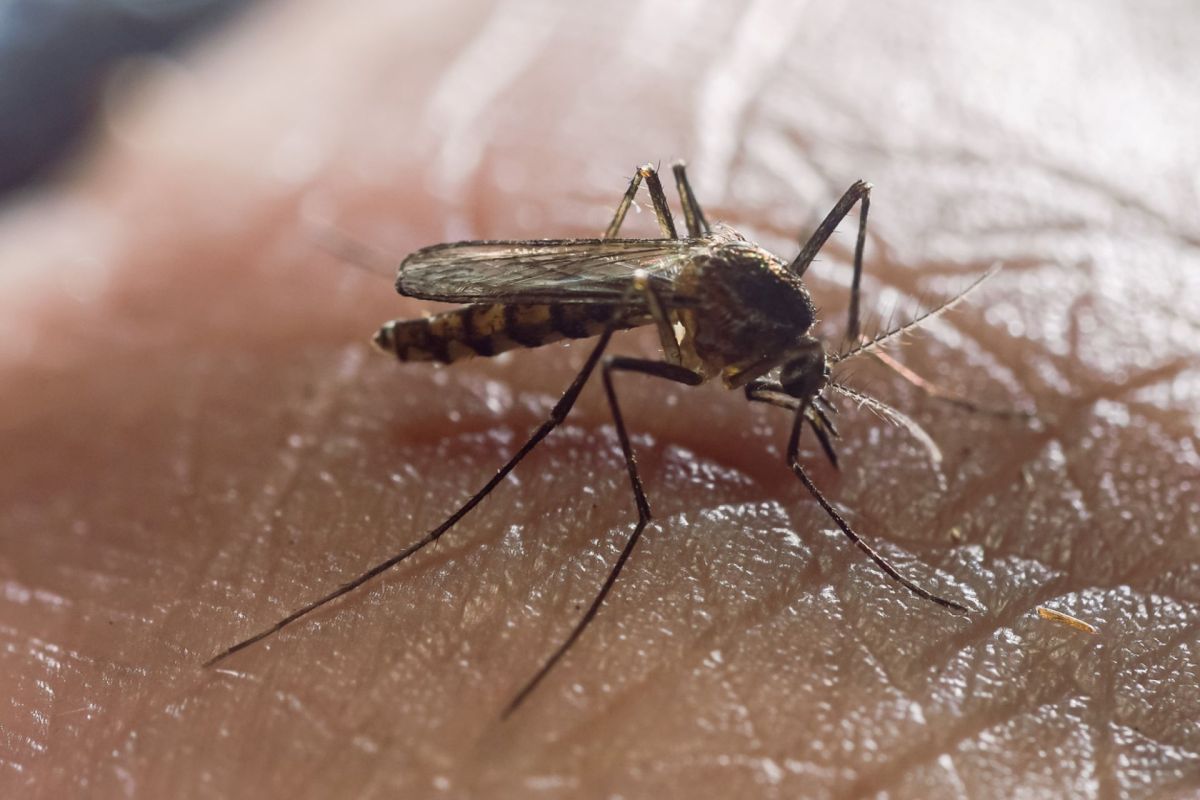Mosquitoes — perhaps the peskiest insect around — are becoming insecticide-resistant, NBC News reported July 29.
The brutal summer heat hasn't helped, either, as the bugs have thrived following particularly wet conditions.
"The combination of an unusually wet season from rainfall and melting snow packs and intense heat waves this year appears to be dramatically increasing the mosquito populations," reporter Erika Edwards wrote.
What's happening?
Culex mosquitoes — the species that spreads the West Nile virus — are the Centers for Disease Control and Prevention's "primary concern in the continental U.S. right now," Roxanne Connelly, a medical entomologist with the CDC, told NBC News.
What's problematic is that insecticides used to treat the critters are proving less effective. The CDC has conducted experiments that show mosquitoes are living longer after exposure to the insecticide treatments, though bug sprays still work.
"It's not a good sign," Connelly said. "We're losing some of our tools that we normally rely on to control infected mosquitoes."
Why is this important?
An increase in the mosquito population could lead to more people getting bitten or sick.
Mosquitoes live for about two to four weeks, and only female mosquitoes bite for blood meals, which they need to produce eggs, per the CDC.
As of Aug. 29, 455 human cases of West Nile virus had been reported in 2023.
"This is just the beginning of when we see West Nile start to take off in the United States," Dr. Erin Staples, a medical epidemiologist at the CDC, told NBC News. "We expect a steady increase of disease cases to occur over the next several weeks."
The West Nile virus was first detected in the United States in New York in 1999, according to MedlinePlus.
Most infected people do not feel sick, according to the CDC. About 20% develop symptoms such as fever, and less than 1% develop serious illnesses, including meningitis and encephalitis, that can be fatal or cause paralysis.
What can be done?
"Over time and repeated use, insecticide resistance can occur in mosquito populations," according to the CDC.
To prevent this, officials should "provide baseline data for program planning and pesticide selection before the start of control operations; detect resistance at an early stage so that timely management can be implemented; [and] continuously monitor the effect of control strategies on insecticide resistance," the CDC said.
The CDC recommends wearing long pants and long-sleeved shirts and using insect repellent with an appropriate active ingredient.
People can also keep mosquitoes from breeding by getting rid of standing water.
Join our free newsletter for cool news and cool tips that make it easy to help yourself while helping the planet.









